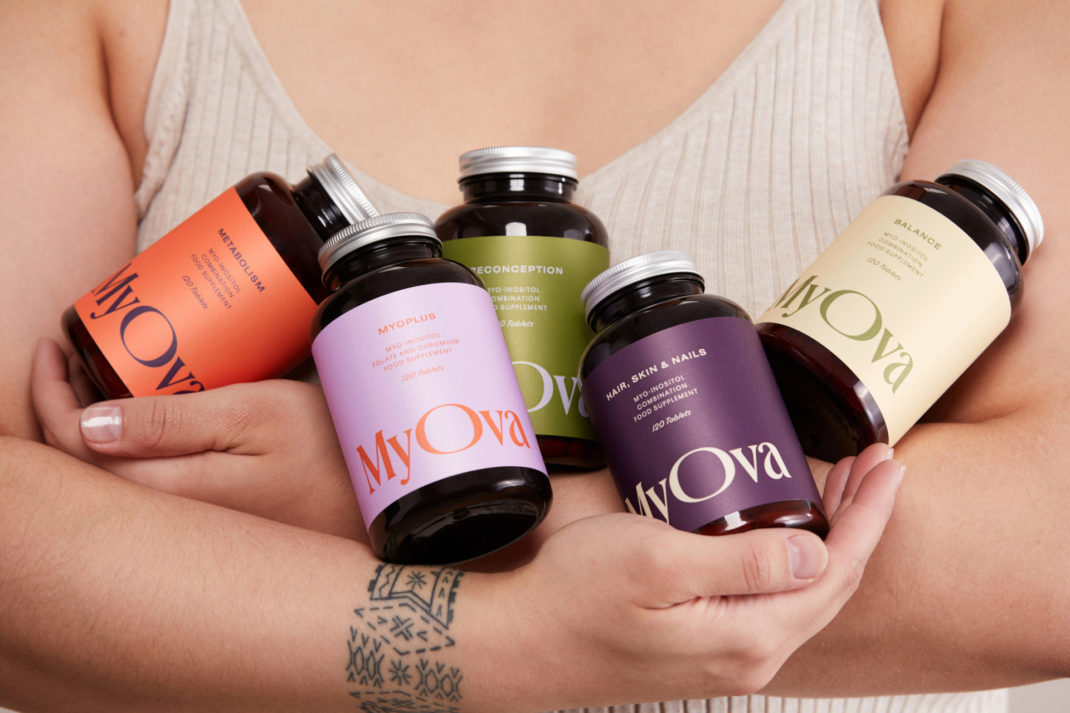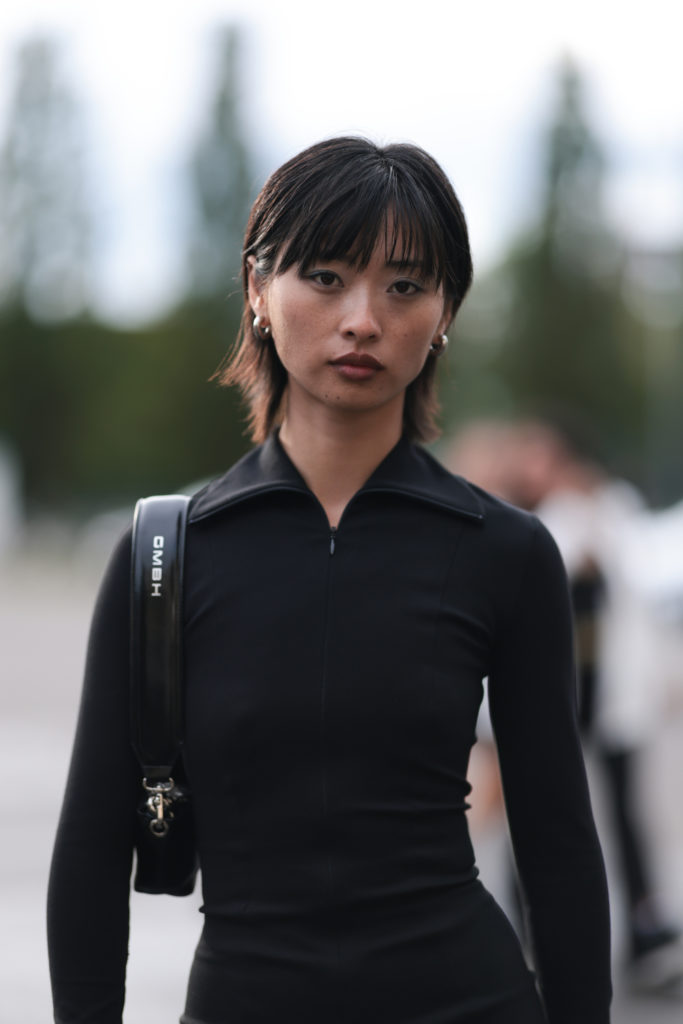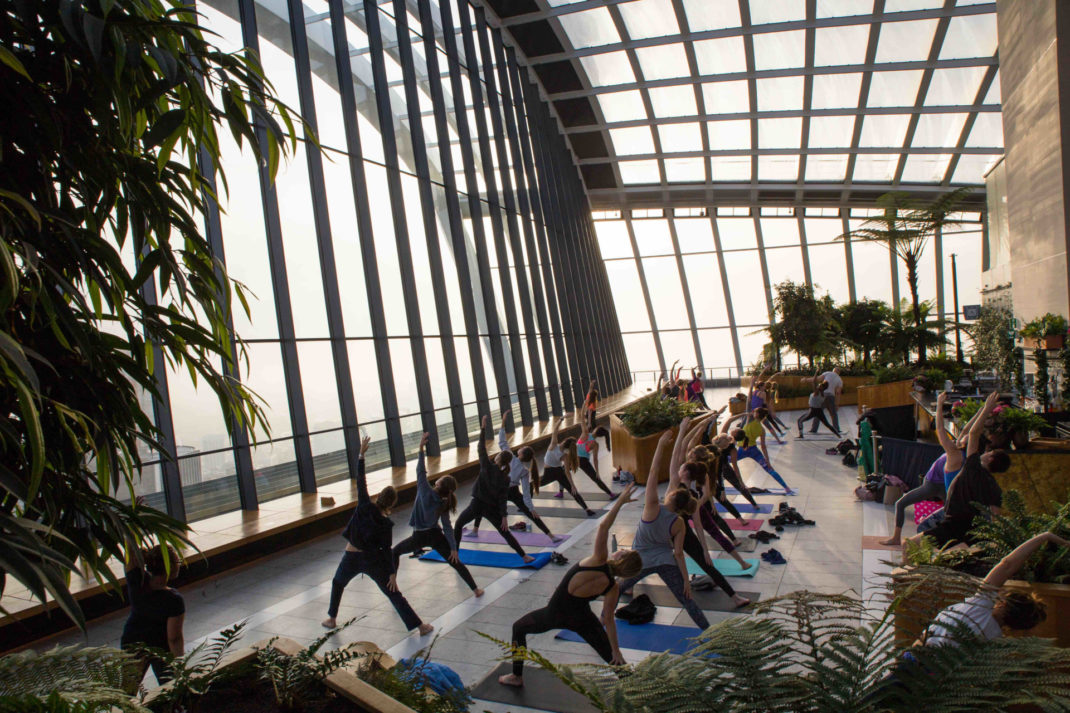Zero Waste Week: What Is Zero Waste Beauty?
By
11 months ago
How brands are cutting down on their waste output
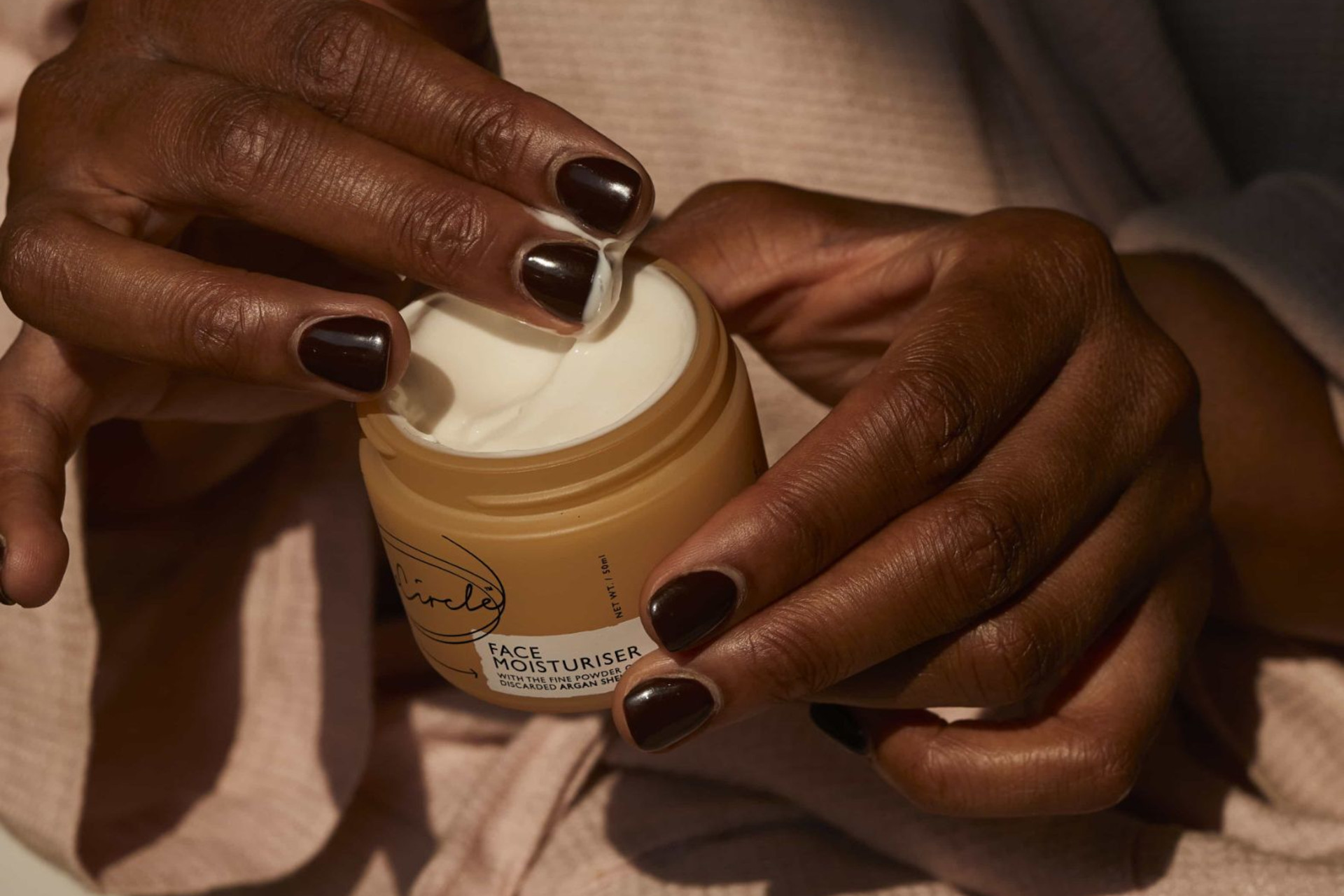
What does it mean to be ‘zero waste’ if you’re a beauty brand? Cutting out plastic? Minimising packaging? Making sure you’re products are recyclable? To help us get to grips with the topic, we spoke to Anna Brightman, one of the co-founders of plastic negative beauty brand UpCircle.
What Is Zero Waste Beauty?
To get to grips with zero waste beauty, we first need to know what the term ‘zero waste’ means. ‘Zero waste is fairly self-explanatory,’ says Anna. ‘At its most basic, it’s about producing as little waste as possible. But this goes beyond simply being sustainable or recycling a little bit more. It’s about actively trying to send nothing to landfill. Thing is, it’s extremely hard to live completely waste-free, as a lot of the waste that you produce is out of your control, but it’s a goal that’s worth aiming for.’
So, what does this mean when it comes to the beauty industry? In short, it’s about removing as much waste as possible from the supply chain, packaging and the products themselves – but this isn’t a straightforward task. ‘The beauty industry is a major contributor to the serious issue that we have created on our planet with regards to plastic. Billions of units of packaging are produced every year by the global cosmetics industry, bulked out by the use of complex lids, multi-layered boxes and cellophane, much of which is superfluous, non-recyclable and ends up in our landfills and oceans. It’s not just packaging that the beauty contributes to the waste problem – it’s the products themselves too. In the UK alone, we are estimated to have made our way through 10.8 billion wet wipes and 13.2 billion cotton buds. 93% of blocked sewers are caused by wet wipes.’
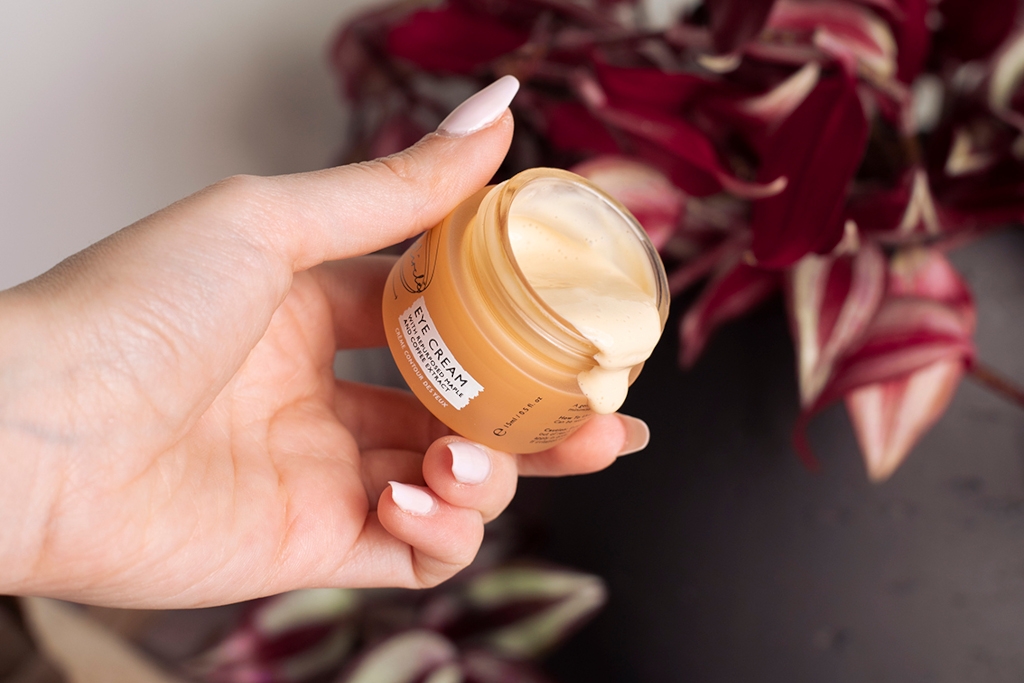
However, the basic fundamental of zero waste beauty – reducing as much waste as possible – is definitely within reach. For a business, it’s not necessarily about reducing your output completely, but investing the time and effort into reducing what you can and balancing out what you can’t with positive action. ‘We often get asked what our thoughts are on the term “zero waste”,’ continues Anna. ‘First and foremost it’s well-intentioned, so that’s always worth remembering before ripping something apart, but the use of the word “zero” is what is we find troublesome. We believe discussions on waste should be framed around reduction, not some fundamentally unattainable “zero”. In short, it sets you up to fail. The real-life execution is unrealistic, and so it promotes the “it’s too hard so why bother at all” mentality. So, are we a zero waste brand? No. But are we fighting it? Absolutely.’
Zero Waste vs Plastic Negative
While ‘zero waste’ may be an intimidating target to aspire to, there’s multiple ways for brands to repair their relationship with waste. UpCircle, for example, has committed itself to being plastic negative. ‘As a business we have always been committed to reducing our plastic use wherever possible,’ says Anna. ‘We recently repackaged our signature coffee scrubs into glass jars with aluminium lids. We also offer plastic-free refills across our entire product range. As the next step it was a no-brainer to actively remove plastic from the environment.
‘We’re a certified plastic negative brand. For this to be the case we have to actively remove twice as much plastic from the environment as our brand produces, both directly – with packaging – and indirectly – with supplies that we receive into our warehouses. For every product we sell, we are contributing a percentage towards vetted impact programs that will remove more plastic waste from the environment than we create in our packaging and operations. Plastic neutral would be the removal of as much plastic as your brand uses, plastic negative means we remove twice as much as we use.’
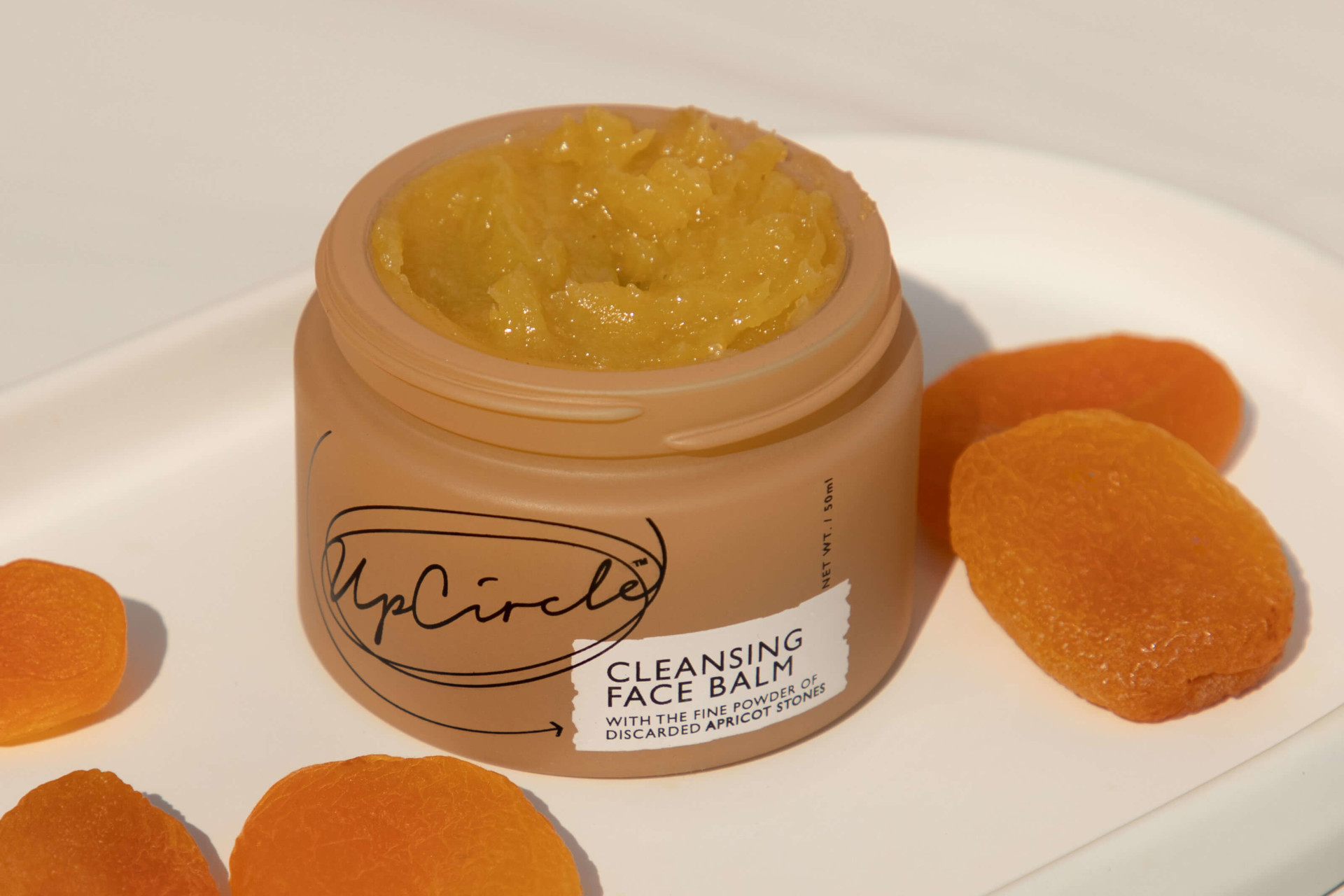
Is zero waste beauty sustainable? And is it better for the planet in the long run?
‘Yes and yes,’ says Anna. ‘From a planet perspective it has to be the future of beauty, but also from a brand perspective it should be. Skincare is a crowded market. Lots of skincare brands can claim to be vegan, natural, handmade, organic, cruelty-free – and so can we, so to stand out you must go a step further. That’s why we create waste-fighting formulations that will do good for the future. At UpCircle we believe we need to move to a circular rather than a linear approach. We upcycle 20 different by-product ingredients from varied industries, including the argan, tea, juice, date, olive and wood industries into our skincare formulations.’
What are the pros and cons of zero waste beauty?
As expected, there’s a rather lengthy discussion surrounding zero waste beauty and the various ways brands can approach the topic. ‘In our case, one big plus point is that by utilising by-product ingredients, not only do we decrease food waste we also give farmers globally a new stream of income,’ says Anna. ‘The argan shell powder that we upcycle into our Face Moisturiser is grown by women’s cooperatives in Morocco. The shells of the argan were previously discarded – we now buy them, creating a brand new revenue stream for the growers.’
But there are limitations that brands face depending on the methods they use to cut down waste. ‘Because of our circular economy ethos, we rely on the functioning of other industries to get the ingredients that we reuse. During Covid, having coffee shops shut for months presented supply chain issues for us, but we managed to come out the other side standing strong.
‘Another big challenge for us in developing our upcycled products is certification. We’ve been certified organic by the Soil Association and COSMOS since our launch, but some of our individual products currently cannot be certified due to the percentage of upcycled ingredients being well above 50%. This means that despite being unparalleled in terms of our sustainability credentials, we are not eligible for certification. Soil Association acknowledges that they may need to rethink their approach to reflect this shift towards a more circular approach. This is a good example of the open-mindedness of the industry to accommodating the use of upcycled ingredients.
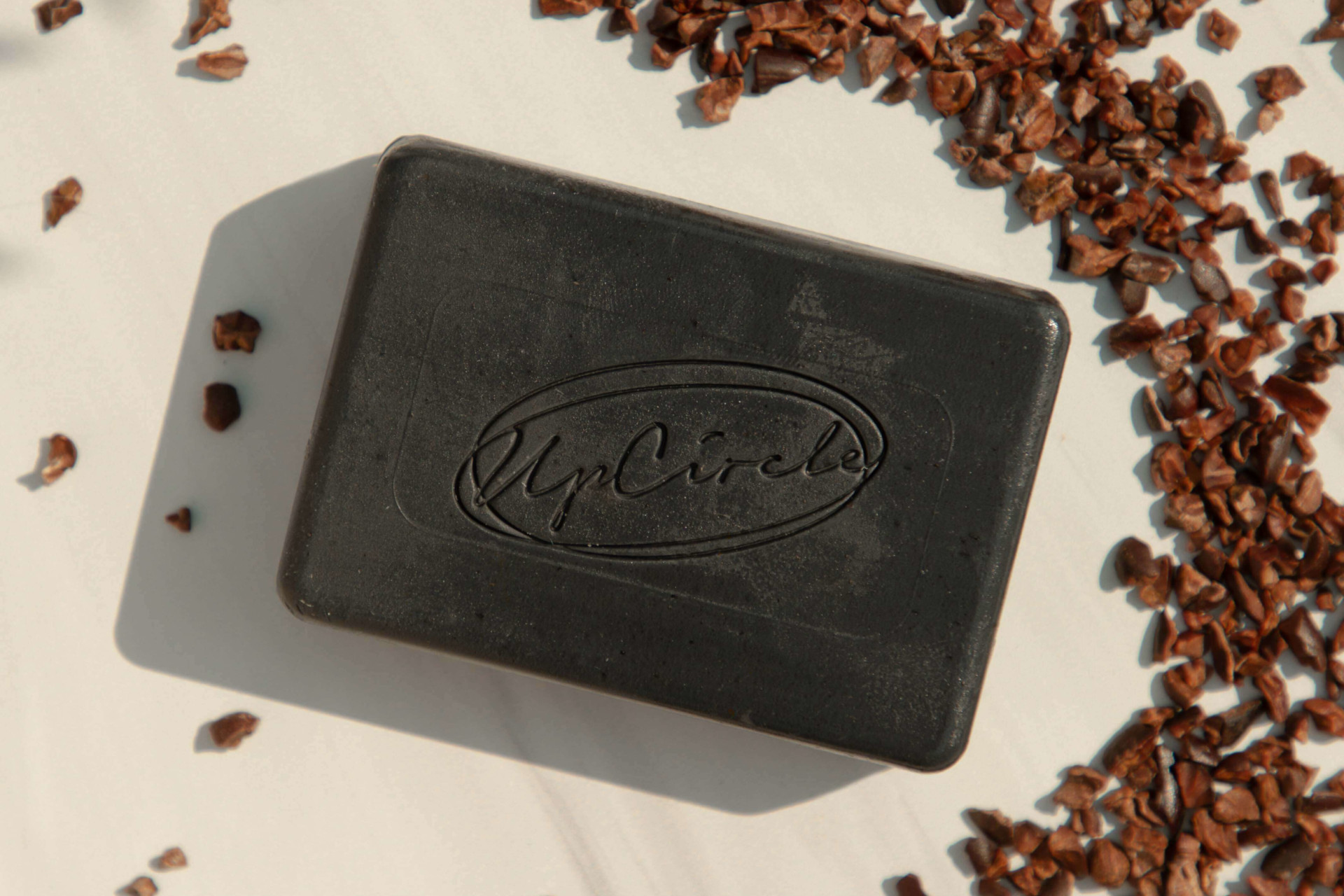
‘Being a disruptor brand means that the path that you forge will always be bumpy. More often than not, we’re the first beauty brand to be working with upcycled ingredients at scale – so we’ve had to figure out our supply chain, manufacturing and general operational hurdles ourselves. The world has finite resources, and at the minute we are depleting them at a scary rate. So, if you ask me, businesses that extend the lifecycle of things that are already in circulation are, and have to be, the future.’
Images courtesy of UpCircle
DISCOVER MORE




